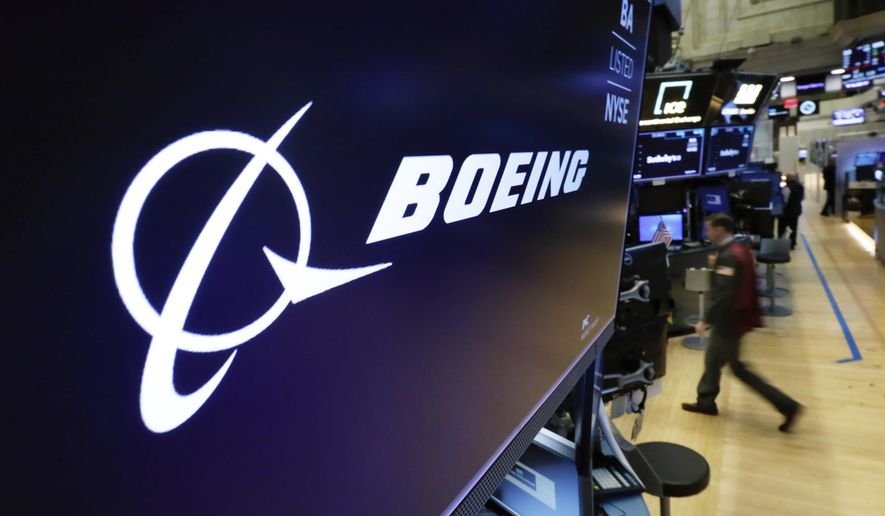Two Saudi Arabian airlines said Tuesday they will order 78 jetliners from Boeing and take options to buy 43 more in a major boost for the American aircraft manufacturer.
The order for Boeing 787s will be divided between Saudi Arabia’s flag carrier, Saudia, and a planned new airline called Riyadh Air, which Saudi officials introduced over the weekend.
At list prices, the combined deal would be worth about $37 billion if the options are exercised, but airlines routinely get deep discounts. Terms of the deal were not disclosed.
Relatively high oil prices have boosted Saudi Arabia’s economy and government, making it easier for the kingdom to close a multi-billion-dollar jet order.
The creation of Riyadh Air by the Saudi sovereign-wealth fund and the growth of Saudia are part of a broader Saudi strategy to diversify its oil-based economy. Saudi Arabia hopes to become a global aviation hub and attract 100 million annual visitors by 2030.
The kingdom’s neighboring states of Qatar and the United Arab Emirates have built up state-owned airlines and used their geographic location to become key connecting points for international travel.
“The ambition here in the kingdom is huge, and this today … is our first big order,” Tony Douglas, the CEO of Riyadh Air, told CNBC. “There will be more orders.”
The planes covered by the orders and options are long-range, two-aisle “widebody” jets, in the industry jargon. Boeing and Europe’s Airbus dominate the market.
“Serving the Middle East, in our view, is a very, very important and critical market for widebodies, and we like that Boeing won this one,” said Boeing CEO David Calhoun, who traveled to Riyadh for the announcement.
The Saudi deal is also a boost for the Boeing 787, which the company calls the Dreamliner. Boeing has struggled with interruptions in delivering new 787s for more than two years because of production flaws.
Shares of Boeing Co., based in Arlington, Virginia, rose more than 4% Tuesday.
Boeing had been talking to the Saudis about an order for three years, according to two senior U.S. administration officials, who spoke on condition of anonymity because the deal had not been publicly announced. The officials said President Joe Biden did not directly lobby for the order when he met Saudi Crown Prince Mohammed bin Salman last summer, but top aides made a pitch to Saudi government officials on Boeing’s behalf.
“We are particularly pleased that Boeing was able to finally conclude these deals with Saudi Arabia after years of discussions, and intensive negotiations over recent months,” said White House press secretary Karine Jean-Pierre. She called the announcement “another milestone in eight decades of cooperation between Saudi Arabia and American industry.”
The Saudi deals will support about 1 million jobs in 44 states across the U.S. supply chain, including 150,000 new manufacturing jobs, according to administration officials.
The planes will be powered by engines from General Electric Co.
The Saudi orders come as a recovery in air travel boosts demand for jets made by Boeing and Airbus.
Last month, Air India announced it had agreed to buy 220 planes from Boeing and 250 from Airbus. Both the Air India and combined Saudi Arabian order rank among Boeing’s five largest.
Boeing’s history with Saudi Arabia goes back to early 1945, when President Franklin D. Roosevelt presented Abdulaziz al Saud- the founder of modern Saudi Arabia - with a DC-3 made by Douglas Aircraft Co., one of the forerunners of current-day Boeing.
The relationship has stood through Democratic and Republican administrations ever since. President Donald Trump signed defense and commercial deals for Boeing during a 2017 trip to the kingdom. The crown prince toured a Boeing plant in the Seattle area the following year and signed a memorandum of understanding for a joint venture maintaining military aircraft in the kingdom.
___
Ellen Knickmeyer in Washington contributed to this report.




Please read our comment policy before commenting.